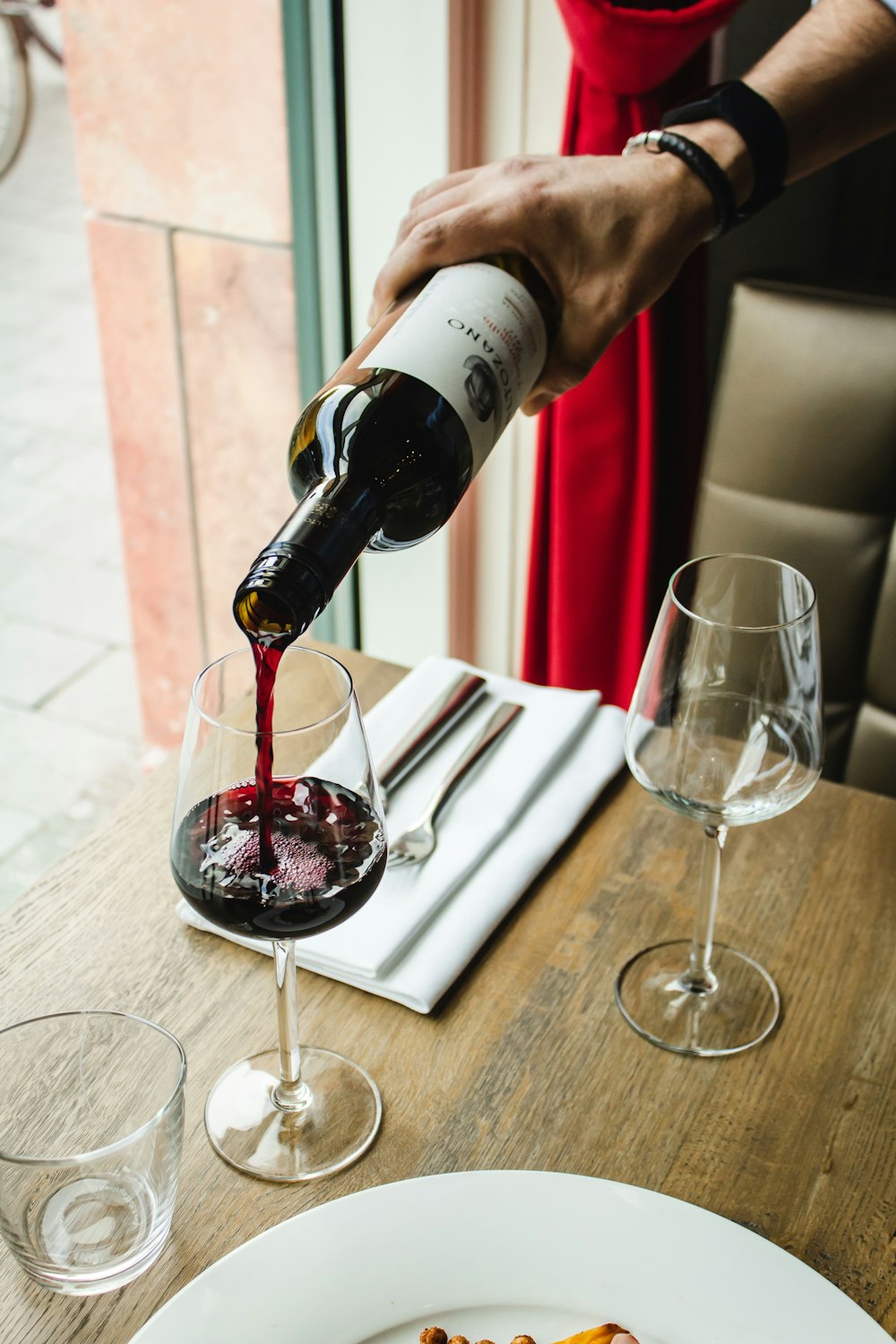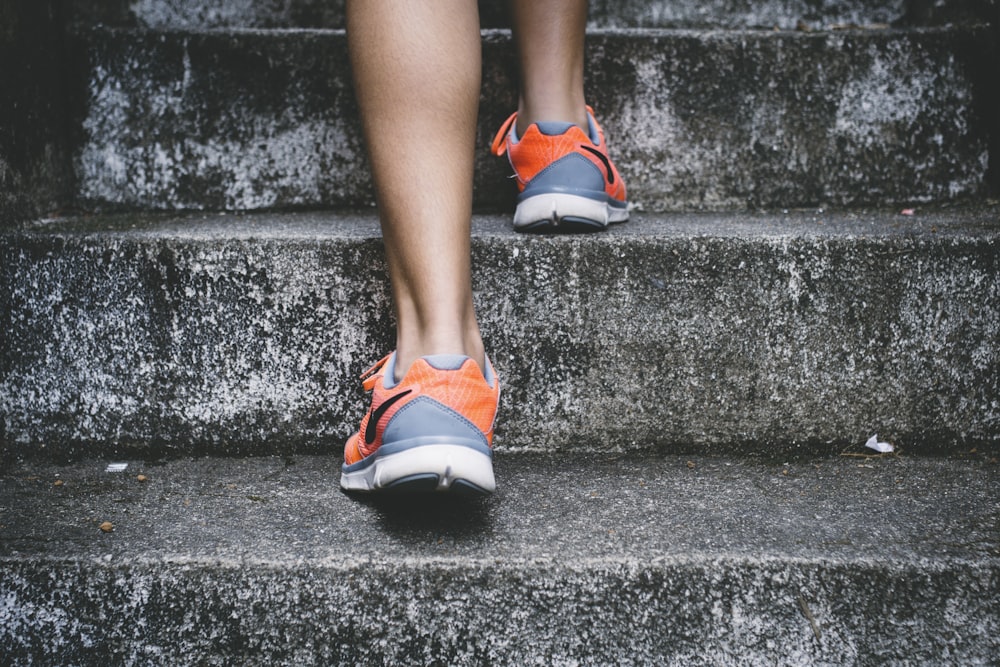11 Fun and Creative Tips for Better Sleep

Is one of your New Year’s resolutions to simply get better sleep? If you’ve been stressed out and sleep deprived, this is a worthy resolution for sure. Good sleep is vital—not only for long-term health, but also just to feel good in your body, mind, and spirit. We’ve written about sleep here on our blog before. But, today I’d like to offer up some new and creative sleep tips—some you may not have thought of before.
Sleep is essential. And there’s not time like the new year to upgrade your sleep hours, which will no doubt bring you a healthier, happier year—in every aspect of your life.
The early bird gets the worm
It’s always important to reiterate nature. Your body naturally functions better when it’s on par with nature’s cycles. Going to bed early and waking up early is best. And if you’re a night owl who’s not going to change her ways, no worries. Just make sure you stick to a regular schedule. Meaning, go to bed and wake up at roughly the same time each night (and day).
Supplement for sleep
A magnesium supplement is what most experts say is best for sleep support. Magnesium glycinate is inherently calming, and if you’re lacking in this mineral, you may be lacking in sleep. I like to add the powdered version of magnesium to a cup of water. But, I don’t drink it too terribly close to bedtime, to avoid getting up too many times in the middle of the night to urinate. Which brings us to our next tip…
Don’t drink before bedtime
And no, I’m not talking about alcohol here. Although we’ll get to that in a minute. Drinking water right before going to bed is going to disrupt your sleep by having you up throughout the night to use the loo. Some urologists even suggest halting your hydration 3-4 hours before bedtime. While that may sound unrealistic, especially if you’re not eating dinner until 6 or 7 and then trying to get to bed between 9 and 10, it’s a good point. If you’re thirsty, drink. But, better to hydrate during the daytime hours, then peter off as evening sets in.
And when it comes to alcohol, the same is true. Sleep experts say if you’re going to drink and you want good sleep, you should take your last sip of vino three hours before bedtime. Again, while that may sound extreme, if you stop drinking alcohol a couple hours before bedtime, you’re going to be better off. Happy hour’s always a good idea in my book, as long as you’re eating food. Alcohol may help you fall to sleep, but it will also disrupt it. So be mindful around the booze, and you’re sure to get better zzz’s.
Ditch the melatonin
Lately, many people have become hooked on melatonin. Sleep aids, even if they’re natural, are good as a short term fix. But with melatonin, if you’re taking it over the long-term, your body becomes dependent, and it also doesn’t do much to help you stay asleep. Melatonin helps you fall asleep, as it sends a signal to your brain, which works well for switching time zones when you travel. But, when you’re at home, and just doing the normal routine, it’s best to rely upon your own natural rhythms. To set those rhythms, try to get some sunlight first thing in the morning. Even if there’s no sun, simply take a short 15 minute walk outside first thing in the morning.
Never underestimate the value of movement
Ever wonder why you sleep so much better when you’ve had a long day at the swimming pool or beach? Maybe you spent the entire day hiking or biking on a vacation and never slept better in your life. Of course, it makes sense that the more we work out, the better we’ll sleep. But, we tend to forget this at times as we spend long hours sitting in front of a computer all day. Your physical body needs ample amounts of movement each day if it’s going to rest well at night.
You can think of sleep as the healing and recovery process after a long day. And if you fail to exercise on a given day, why would your body need to heal and recover? Think of sleep as the rest and recovery from a hard workout. Generally speaking, the more you move, the better you’ll sleep.
Sleep colder than you normally would
If you’re having trouble getting a good night of sleep, you may want to lower the thermostat. Most experts agree that the optimal temperature for zzz’s is between 63 degrees F and 68 degrees F. Most of us sleep best around 65 degrees F. Allow for a little wiggle room there, as we’re all just a bit different in terms of our body temps. Women tend to sleep colder than men and may want the thermostat a bit higher.
When you’re up in the middle of the night, get up
Most nights of sleep are good for me, personally. But, on the rare one that has me up in the middle of the night, I typically end up lying in bed ruminating on the fact that I’m not asleep. This doesn’t help. And most sleep experts say that if you wake in the middle of the night, especially if you’ve been awake for a half hour or more, it’s best to just get up and do something to take your mind off the fact you’re not sleeping. Read a book. Listen to a book on tape, or do a bit of journaling. See if that helps you become sleepy and then head back to bed.
Practicing deep breathing techniques
Deep breathing practices (also called pranayama in yoga), help relax the nervous system. If you have trouble falling to sleep, or if you wake in the middle of the night and don’t want to get up and read like we mentioned above, practice your favorite pranayama. I read about the 4-7-8 technique years ago, and it’s the one I go to in times of sleep stress. This is an advanced breathing technique, and may take some time getting used to. You simply inhale to a count of 4, hold the breath for a count of 7, and exhale for a count of 8. This technique is powerful when it comes to calming those racing thoughts that often have you up when all you want to do is sleep.
It’s ok to nap if you do it right
There’s nothing wrong with napping as long as you do it right. A typical sleep cycle lasts 90 minutes. When you nap, you want to wake up before the 30 minute mark. It’s around this time that the body transitions into a deep sleep, which you want to avoid. If you’ve had a really bad night of sleep and you need to nap during the day, then you’ll want to get a full sleep cycle in. This means napping for a full 90 minutes. To summarize: if it's just a little cat nap you need, set the alarm for 29 minutes. If it’s a true cycle of rest that you crave, set an alarm for 90 minutes.
Eat the right bedtime snack
I once ate an entire dark chocolate bar after dinner only to find myself totally unable to fall asleep. No doubt the sugar and caffeine were the culprits. I vowed that night to watch what I ate in the late evenings. When you’re feeling peckish at night, it’s best to eat whatever’s going to help you sleep. A spoonful of almond butter with an optional drizzle of honey works well for some people. The key is to eat something that’s not going to cause a spike in your blood sugar. Roasted garbanzo beans are a good example. They’re a complex carbohydrate, full of nutrients, and not at all a sugary food (like that chocolate I ate) that’s going to keep you up ‘till all hours.
Keep a pretty dream journal
This tip may not be very scientific in nature. But, my view is that when you make sleep an adventure, something to look forward to, it becomes deeper and more delicious. One way to do this is to make dreams interesting for you by paying attention to them when you remember them. Write about them in your journal for fun. They don’t have to mean anything more than providing you with a little entertainment. When you begin having fun with a sleep journal, you might begin looking forward to your sleeping hours, and giving them a bit more loving attention than you did before.
There’s simply nothing worse than night after night of bad sleep. On the flip side, there’s simply nothing better than night after night of truly restorative rest. I hope these tips help you get that. They’ve helped me in tough times, and I hope they do the same for you! Sweet dreams, friends!



